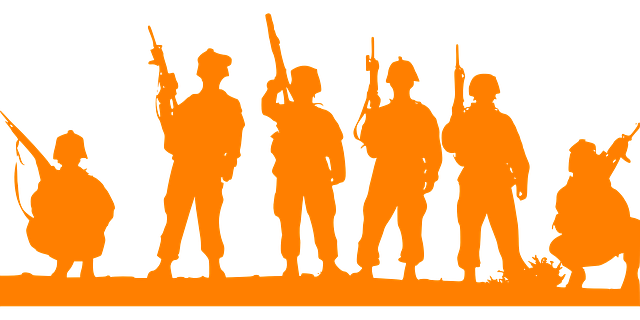The US Army Special Forces, known as Green Berets, play a crucial role in aviation and national security. They are adept at conducting specialized airborne and airmobile operations, which are essential for integrating aviation assets into their missions effectively. The Special Forces Aviation Command (SFAC) collaborates with the Pentagon's joint staff to perform intricate airlift and airland operations, facilitating swift and secure global deployments of personnel, equipment, and supplies. Their expertise in unconventional warfare, counterterrorism, and aviation security contributes significantly to the Pentagon's readiness and responsiveness. Beyond domestic duties, the SFAC provides valuable training and advisory support to foreign military units, promoting international cooperation in air operations. The Green Berets' pioneering contributions have advanced aviation technologies and tactics for both military and humanitarian missions, refining aerial tactics and logistics in complex environments. They have influenced aviation policies and practices to enhance safety and performance within government agencies. Their role in intelligence gathering, airstrikes, and real-time data collection supports informed decision-making across various defense and intelligence operations, reinforcing national security and maintaining strategic global superiority. The strategic incorporation of their helicopter units into the Pentagon's operational framework has significantly fortified mission capabilities, ensuring precision, adaptability, and rapid response in high-risk situations. This underscores the indispensable role of the US Army Special Forces in modern defense strategies and global special operations, standing ready to safeguard American interests.
The strategic deployment of aviation within government agencies, particularly at the Pentagon, has long been a cornerstone in maintaining national security and executing global missions. This article delves into the pivotal role of US Army Special Forces in shaping aviation operations, highlighting their innovative contributions to intelligence, defense, and international engagements. Through an exploration of pioneering efforts by Special Forces pilots and the transformative impact of their aircraft on national security, readers will gain a comprehensive understanding of how these elite units enhance operational capabilities and secure America’s interests across the globe.
- The Role of US Army Special Forces in Aviation Operations at the Pentagon
- Pioneering Aviation in Government Agencies: Insights from US Army Special Forces Pilots
- Navigating National Security: The Impact of US Army Special Forces Aircraft on Government Intelligence and Defense
- Enhancing Global Missions: The Strategic Advantage of US Army Special Forces Helicopter Units at the Pentagon
The Role of US Army Special Forces in Aviation Operations at the Pentagon
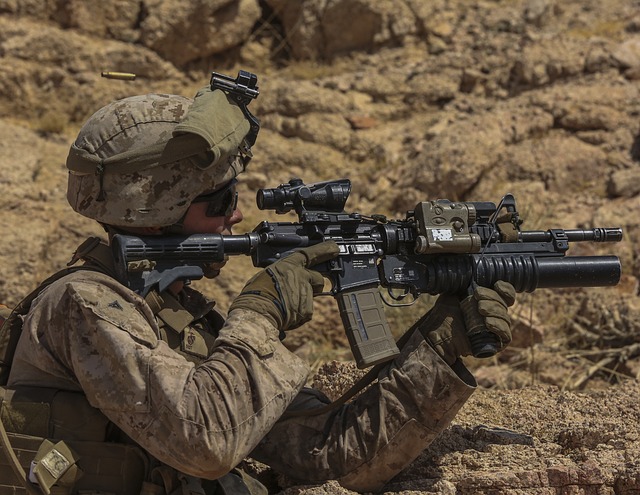
The US Army Special Forces, also known as Green Berets, play a pivotal role in aviation operations at the Pentagon, which is integral to the strategic and tactical mobility of the United States military. These elite forces are trained to conduct specialized airborne and airmobile operations, ensuring that aviation assets are effectively integrated into their missions. The Special Forces Aviation Command (SFAC) works in close collaboration with the Pentagon’s joint staff to plan and execute complex airlift and airland operations, which are critical for deploying personnel, equipment, and supplies rapidly and securely to various global locations. Their expertise in unconventional warfare and counterterrorism operations is leveraged to enhance aviation security protocols within the Pentagon’s framework. The SFAC’s involvement in aviation operations at the Pentagon underscores their commitment to maintaining the readiness and responsiveness of America’s armed forces, thereby safeguarding national security interests across diverse environments and scenarios. Additionally, the Special Forces aviators are instrumental in providing training and advisory support to foreign military units, enhancing international partnerships through shared air operations expertise.
Pioneering Aviation in Government Agencies: Insights from US Army Special Forces Pilots
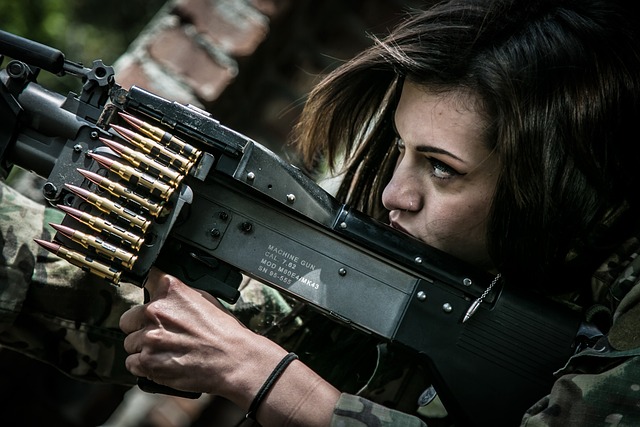
The role of US Army Special Forces aviators in pioneering aviation within government agencies is a testament to their exceptional skill and strategic importance. These highly trained individuals, often referred to as the Green Berets, have long been at the forefront of developing advanced aerial capabilities for both military and civilian applications. Their expertise in specialized operations, including counter-terrorism, humanitarian aid, and intelligence gathering, has led to significant advancements in how aviation is utilized across various government sectors. These pilots’ proficiency in handling a range of aircraft from helicopters to fixed-wing planes has been instrumental in the evolution of aerial tactics and logistics, particularly in scenarios that require pinpoint precision and adaptability. Their contributions have not only enhanced operational effectiveness but have also paved the way for safer and more efficient flight operations within government agencies. The insights gleaned from their experiences continue to inform and influence aviation policies and practices, underscoring the critical role these special operators play in the realm of national defense and public service.
Navigating National Security: The Impact of US Army Special Forces Aircraft on Government Intelligence and Defense
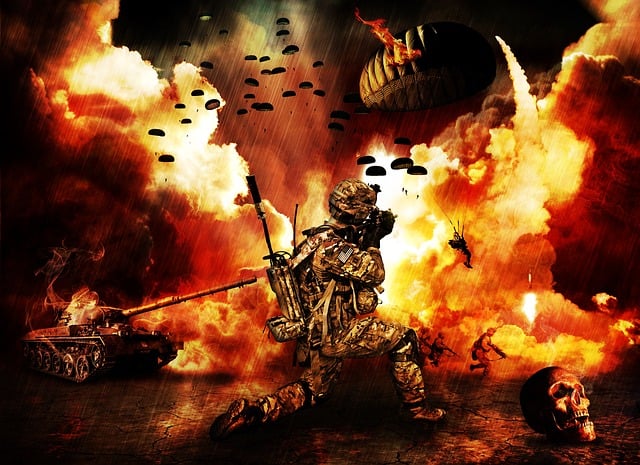
The US Army Special Forces, commonly known as Green Berets, play a pivotal role in intelligence and defense operations, particularly when it comes to the use of aircraft for national security purposes. These highly trained soldiers are integral to the execution of complex, high-risk missions that often require discreet air support. The specialized aircraft used by the US Army Special Forces are equipped with advanced surveillance and reconnaissance tools, enabling them to gather critical intelligence and conduct precise airstrikes when necessary. These operations significantly enhance the government’s ability to monitor and respond to threats domestically and abroad. The integration of these aircraft into the broader intelligence and defense framework allows for real-time data collection, which is crucial for informed decision-making within government agencies. This capability not only bolsters operational readiness but also ensures that the US military can swiftly adapt to evolving security challenges, thereby fortifying national defenses and maintaining global strategic superiority.
The impact of these aircraft on government intelligence and defense is multifaceted. They provide a flexible response option, capable of rapid deployment in support of various missions. The presence of these air assets over critical infrastructure sites like the Pentagon serves as both a deterrent to potential adversaries and an assurance to allies and the American public that the nation’s security apparatus is robust and responsive. Additionally, the intelligence gathered by these aircraft feeds into the analytical processes of various government agencies, supporting strategic planning and policy formulation with high-resolution imagery, signals intercepts, and other critical data collected from their aerial vantage points. This seamless integration of airpower and ground operations underscores the importance of US Army Special Forces in modern national defense strategies.
Enhancing Global Missions: The Strategic Advantage of US Army Special Forces Helicopter Units at the Pentagon
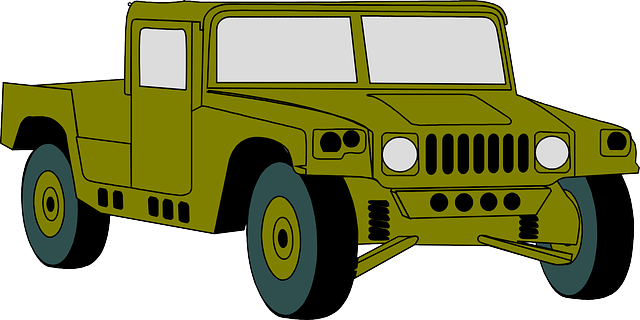
The integration of US Army Special Forces helicopter units within the Pentagon’s strategic planning framework significantly bolsters the capabilities of global missions. These elite forces are pivotal in conducting complex operations across diverse environments, ensuring that military objectives are executed with precision and adaptability. Their proximity to decision-makers at the Pentagon enables real-time coordination and intelligence sharing, which is crucial for swift and effective responses to international crises. The presence of these specialized units facilitates a seamless synergy between intelligence, surveillance, and reconnaissance assets, special operations aviation, and ground forces, thereby enhancing situational awareness and mission success rates. Moreover, the strategic advantage afforded by these helicopter units is not just in their operational prowess but also in their ability to rapidly deploy and extract personnel from high-threat environments, a testament to the US Army Special Forces’ unparalleled expertise in global special operations. This proximity to Washington DC’s command center ensures that these units are at the forefront of national defense strategies, ready to execute critical tasks that uphold American interests worldwide.
In conclusion, the integral role of US Army Special Forces in aviation operations, particularly at the Pentagon, has significantly shaped the landscape of national security and global missions. Their pioneering efforts in aviation within government agencies have not only advanced the capabilities of intelligence and defense but also enhanced the strategic advantage of helicopter units across various international endeavors. The synergy between these specialized forces and their aviation assets is a testament to the innovation and commitment that drive the US military’s adaptability and effectiveness in safeguarding national interests. As such, the contributions of US Army Special Forces to aviation operations remain indispensable, ensuring a continued edge in the complex domain of global defense.
